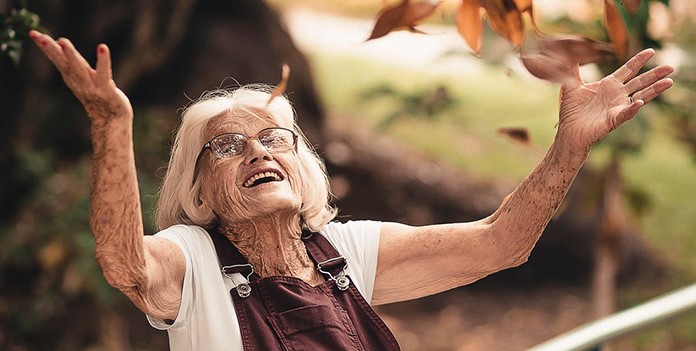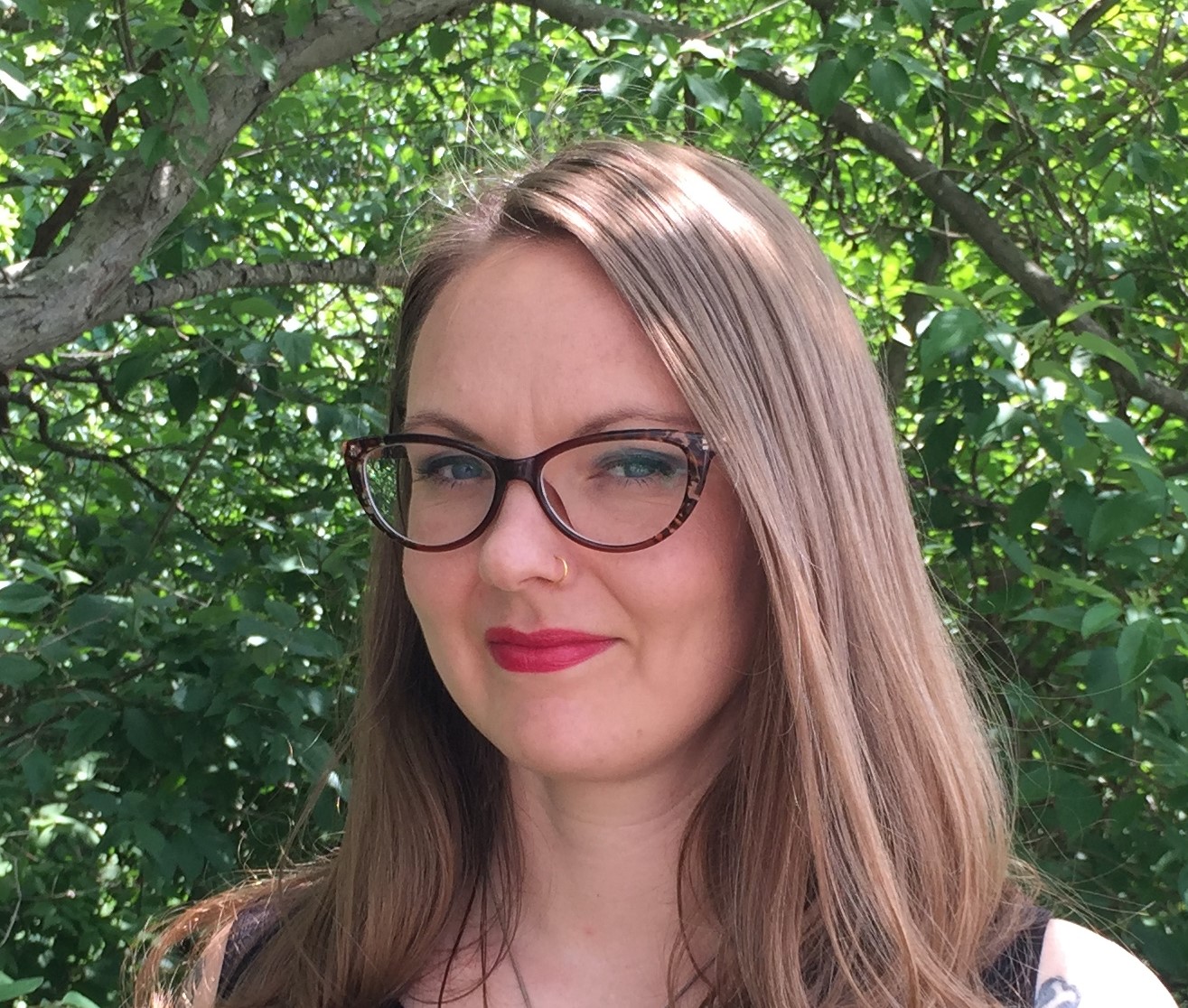Depression Is Not a Symptom of Getting Older
- Written by Juliet Simone

Life is full on transitions. Childhood is full of excitement, learning and hope. Young adulthood is often filled with self-discovery, education and socialization with peers. Middle-aged adulthood can witness the birth of children, the death of parents and the long stretch of the daily grind. And then, for many, this busy pace of life comes to a halt the day a person retires.
Perhaps this day felt like light at the end of the tunnel after decades of putting time into a career. And then, all at once, you find yourself without a schedule. It may be fun and relaxing for six months or so. There are days when teeth don’t get brushed till the afternoon. But eventually, people get caught up on projects like organizing the hall closet and finishing a reading list.
Then what? The transition into older adulthood can feel full of loss- loss of function, loss of people close to you, loss of independence and perhaps, loss of purpose. Adding up all that loss can spiral into depression and anxiety. It is easy to understand how that seems like a normal part of getting older.
But it’s not.
Depression is not a symptom of getting older. Losses that can be experienced in one’s older years are very real, but depression doesn’t have to be. And this is not a Pollyanna or cheerleading message that dismisses one’s experience and simply says “Looks at the bright side” or “Be grateful for what you have.” That downplays the fact that depression is real and a medical condition that can be managed. We can’t just ‘think’ our way out of a depression. But older adults also don’t have to live with it either.
It’s true that depression, and many other mental health issues, weren’t taken seriously or that they were perceived as some kind of moral failing in decades past. Although mental health advocates and professionals have done a terrific job helping normalize mental health and reduce stigma over the last several decades, there are still some beliefs that depression symptoms should be swept under the rug and never talked about.
Please talk to your doctor about feelings of anxiety or depression. Those symptoms are NOT a normal part of aging, but are common. No one needs to suffer. Help is available and you can feel better. You owe it to yourself.
About the Author
 Juliet Simone, MPH, MBA, serves as National Health and Program Director for The Oasis Institute.
Juliet Simone, MPH, MBA, serves as National Health and Program Director for The Oasis Institute.






















